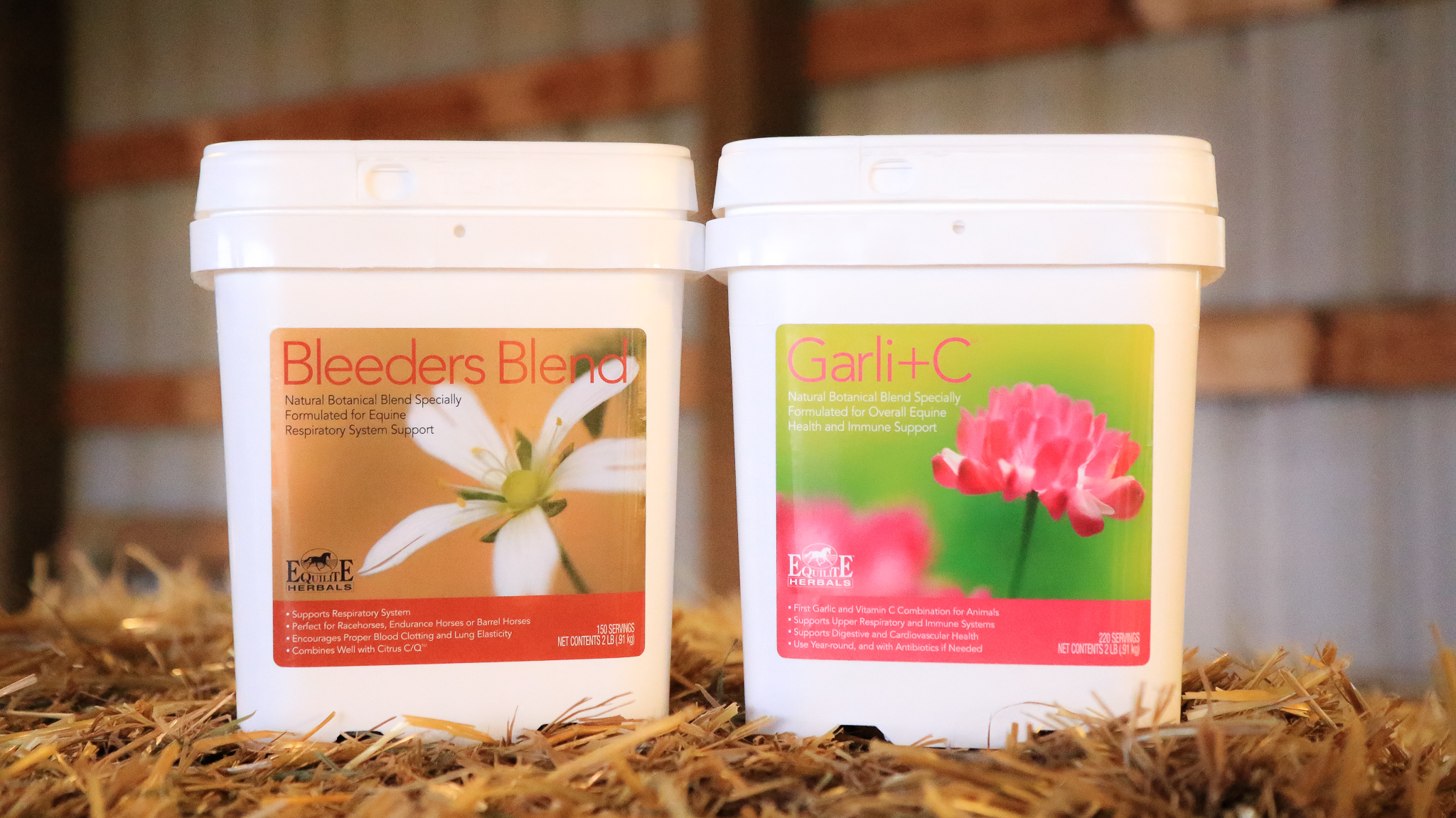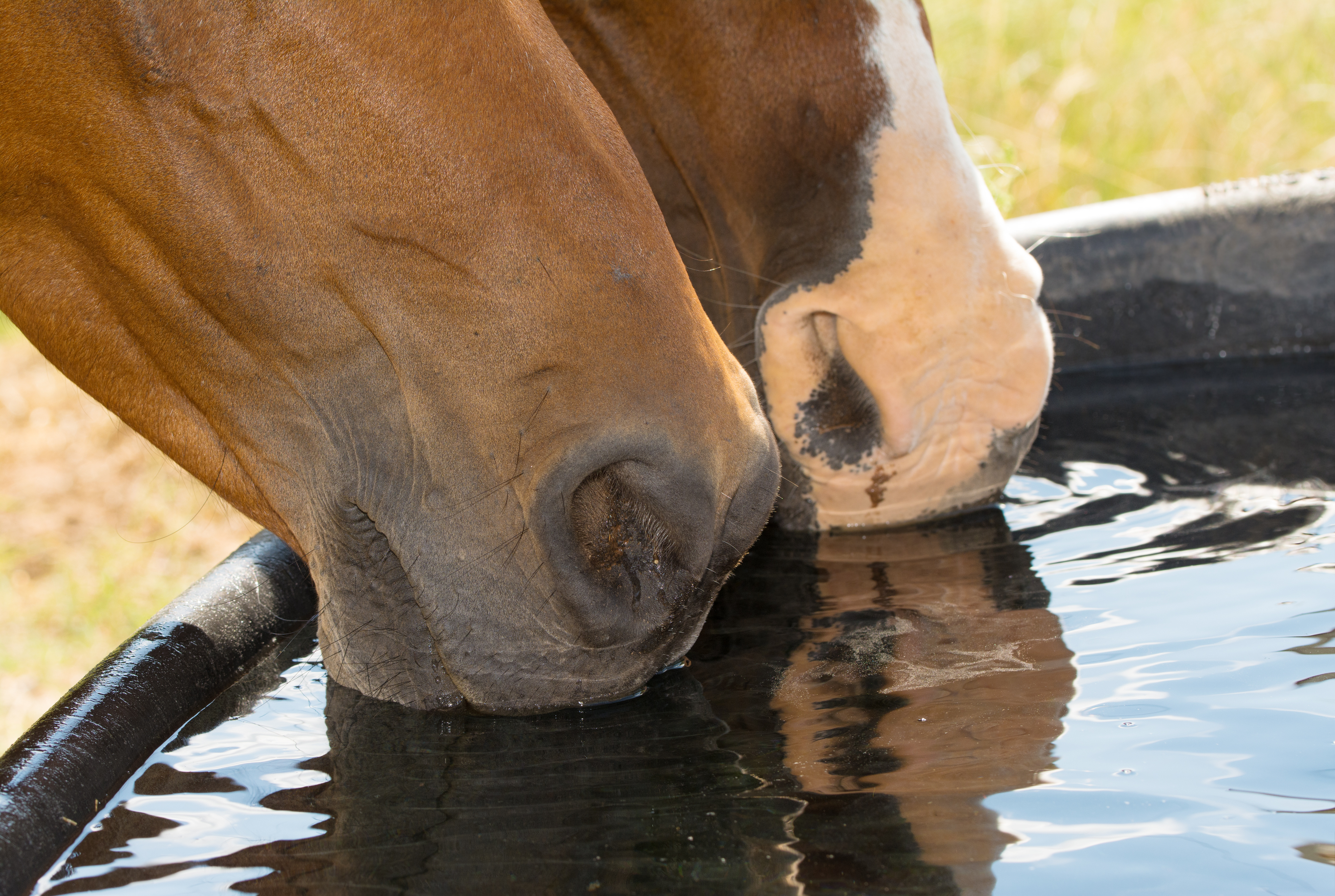The Effects of Smoke on the Equine Respiratory System and How to Naturally Support Them
26th Oct 2020
For several months now, wildfires have been raging across the majority of the western United States. The National Interagency Fire Center has reported that as of October 23, 2020 there have been 46,681 wildfires across the country, burning over 8.6 million acres of land. These wildfires have destroyed homes, decimated wildlife habitat, and displaced people and animals.
On top of this, smoke from wildfires has spread across the country; significantly effecting air quality, spreading ash and more. At one point, NASA even shared images of smoke spanning over 5,000 miles across the earth.
Many of us are heeding advice to stay indoors and avoid outdoor activities, minimizing exposure to what has often been described as toxic atmospheres. Unfortunately for our equine companions, they usually can’t escape the outdoors. Even if they are housed indoors, most don’t have access to air filtration systems.
So, what kind of effects can smoke have on the equine respiratory system and how can you help them? There are

several symptoms of smoke exposure in horses and several things you can do to help them, naturally. Remember, if your horse has been directly involved in a wildfire, evacuated, or showing symptoms of acute smoke inhalation, have them evaluated by a veterinarian immediately.
Symptoms of Smoke Inhalation in Horses:
Symptoms in horses can be variable and sometimes, hard to notice. A calm horse should have a resting respiratory rate of 12 to 24 breaths per minute. Pay close attention to your horse and call a veterinarian if your horse is exhibiting symptoms of acute smoke inhalation.
Symptoms of acute smoke inhalation include:
- Heavy breathing (if your horses has a resting respiratory rate greater than 30 breaths per minute or more)
- Obvious flaring of nostrils
- Wheezing or noisy breathing
- Increased effort of breathing with the development of a “heave line” along the lower abdomen
- Repetitive coughing or deep coughing
- Abnormal nasal discharge

Other symptoms of smoke exposure:
- Runny eyes
- Decreased stamina
- Increased heart rate, particularly under stress
What Else Can You Do?
1 Bring Your Horse Inside – If you’re able, and the air quality inside your barn is better than outside, bring your horse inside. You may even consider placing fans inside their shelter to move smoke and other dust or irritants back outside. Be sure to point fans towards the outside of the shelter.
2 Don’t Work Your Horse – It can be hard to take time off from riding, particularly for competitive horses. But the best thing you can do for your horse when air quality is down or if smoke is obvious in the air, is to give them the day off. Don’t ride, lunge, or even turnout if you think that they will be kicking up their heels. Most states will provide current air quality on a regular basis, so check often. Be sure to bring your horse back to work slowly and monitor their progress.
3 Supplement to Support Them – Supplementing your horse during this time is extremely important to ensure that they are getting the added support their respiratory and circulatory system are going to require to stay healthy. It’s most important to supplement to decrease inflammation, increase lung elasticity, and decrease tissue damage.
- Vitamin C, Vitamin E and other antioxidants – We
strongly recommending supplementing your horse with natural antioxidants to
decrease inflammation and improve cell regeneration. Garli+C or Citrus C/Q are excellent
 choices for
supporting your horse during this challenging time.
choices for
supporting your horse during this challenging time. - Omega Fatty Acids – Omega fatty acids has been shown to be an effective support method for horses with acute smoke inhalation. We recommend talking to your veterinarian about Aleira made by Arenus Animal Health, to see if your horse would benefit from this heavily researched omega-based product.
- Respiratory Supporting Herbs – There are several herbs that have been shown to help support the lungs, increase lung elasticity, and decrease irritation of the lungs. These herbs include lungwort, yarrow, mullein, shepherds purse, coltsfoot, and chickweed. We recommend checking out our Bleeders Blend to help support your horse’s lungs, naturally. Bleeders Blend is particularly helpful with coughs as well.
4 Provide Access to Clean Water – Make sure to keep clean, fresh water in front of your horse at all times. A well hydrated horse will have a better lubricated respiratory system which, helps protect it.

5 Reduce Irritants as Much as Possible – Adding additional irritants to the air can further exacerbate your horse’s respiratory distress and irritation. Don’t do things like drag your arena or sweep your aisle in your horse’s presence. Water areas that they will be spending time in, when possible. Water aisles, runs, or turnout traps if you can, to reduce dust.
With close monitoring and some management changes, most horses can manage smoke exposure well. Keep in contact with your veterinarian about your horse’s progress, especially if your horse has had acute smoke inhalation or if they are at higher risk. In the meantime, we will continue to hope for moisture to help dampen these wildfires and remain thankful for all of the hard-working firefighters across the country.
If you have questions about Equilite Herbals reach out to our customer service team at service@naturalselectionproducts.com or 866-298-3613

